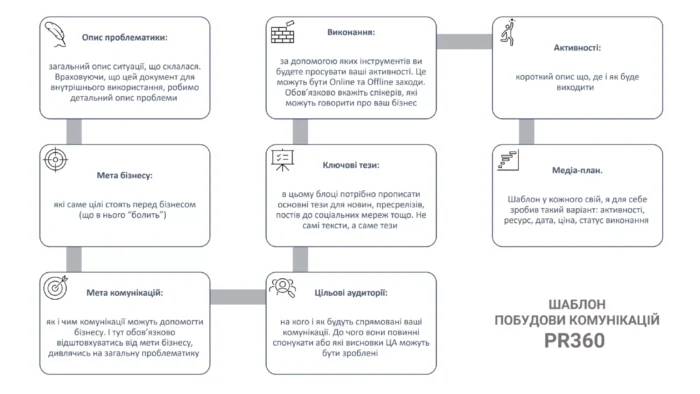Reputation of Ukrainian business: price and value

In today’s world, it is quite easy to build your good reputation at the expense of someone else’s damaged one. By attacking someone bigger, you, of course, don’t inflict fatal damage, but you draw attention to yourself. Therefore, there are always a large number of “opponents” around major market players.
The larger the company, the higher the probability that something will happen to it. With very large companies, this “something” happens every day.
Some people generate information, others don’t verify it. A company typically issues a justifying statement much later than this information manages to spread through the media. This results in a reputational crisis.
We often don’t think about the fact that when we say “company X,” we mean not something abstract and inanimate, but a certain number of people. Any company is a living organism prone to making mistakes.
Anything can become a reputational risk. From the non-ecological nature of production to a statement by a key employee on a controversial topic. During a full-scale war, the triggers have increased, and it’s quite easy to “stumble” in communication.
Noticing reputational risks externally and internally within the company and offering the CEO options for resolving them is the task of the press service. How many informational pretexts ill-wishers will have depends on its proper functioning.
Reputation is a trend. Everyone understands what this dish is, but not everyone can “cook” it properly.
Large companies approach reputation building more systematically because they operate in foreign markets. These markets restrict them with their own rules and conditions, according to which a good reputation is built.
Financial losses, complete shutdown of the enterprise – often these are the results of reputational crises. Even during the war, the consequences of which undoubtedly hold the primary position among the reasons for business capitulation now.
None of the Ukrainian companies measure their reputation at the international level because it is very expensive. But Western analysts, who assess the investment attractiveness of a company, mostly rely on specialized or international media that write about the company. Because Western media are most often about fact-checking.
It is important that the press service can convey its position to the CEO, rather than working “for show.” Like: “I warned you, you didn’t listen to me, well okay, I wash my hands of it.” Most PR specialists come with a problem, not a solution. The CEO should not have to figure out how to solve reputation problems.
How much should a business spend on its reputation? This is a question of the effectiveness of spending and accountability. Most press services rely on the thesis “it seems so to me,” and very rarely does anyone provide real numbers. For instance, a media campaign that timely “explains” to the executive or legislative authorities that introducing an additional fiscal burden will negatively affect tax revenues in the long run can significantly reduce costs. Whatever that big business doesn’t spend, it saves. And saving is direct earnings.


